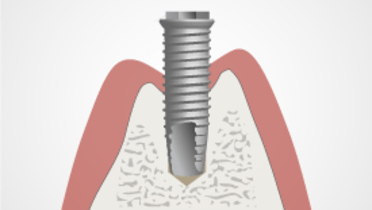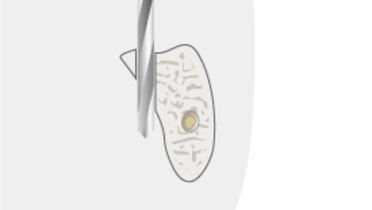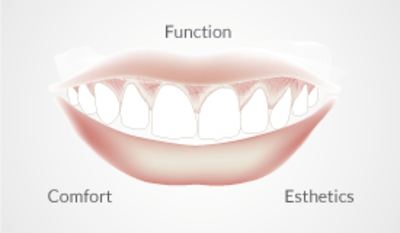Managing dental implant complications: from a young clinician's standpoint
Video highlights
- Complications Are Inevitable: Management Is Key
- Clear Categorization and Case-Based Approach
- Prevention Through Preparation and Communication
Dr. Stephanie Yeung’s presentation on managing dental implant complications offers a thoughtful and structured perspective, especially relevant to young clinicians. She begins by stressing a foundational message: complications are a natural part of clinical practice, not necessarily a reflection of poor skill or judgment. Her introduction sets the tone by focusing on resilience, adaptability, and responsibility, asserting that the true measure of a clinician lies not in the avoidance of complications, but in the ability to handle them effectively. She introduces a stepwise approach—Identify, Solve, Act, Reflect—as a framework to guide practitioners through complex and sometimes unpredictable clinical situations.
The second portion of the presentation delves into definitions and classifications of implant complications, providing clarity on what constitutes success, survival, and failure in implant dentistry. Dr. Yeung carefully distinguishes between biologic complications—such as peri-implant mucositis and peri-implantitis—and technical or mechanical complications, including screw loosening, prosthetic fractures, and esthetic issues. This taxonomy helps clinicians better understand the nature of problems they may face and lays the groundwork for appropriate decision-making. Her emphasis on recognizing early signs and differentiating between types of failure is crucial for timely and effective intervention.
Dr. Yeung then illustrates her approach through a series of clinical case studies, each highlighting a different category of complication. In these real-world examples, she demonstrates how a systematic diagnostic process and open, empathetic patient communication can lead to better outcomes—even in cases involving long-standing implants or complex full-arch restorations. She walks the audience through each case, showing how to balance clinical judgment with practical limitations, and encourages clinicians to reflect on their decisions post-treatment. This reflective practice fosters continuous improvement and supports the development of clinical intuition.
Finally, the presentation concludes with a strong emphasis on prevention and mitigation strategies. Dr. Yeung advocates for proactive planning, including thorough patient assessments, obtaining informed consent, and recognizing one's own limits. She encourages young clinicians to build support networks, engage in mentorship, and stay committed to lifelong learning. Importantly, she stresses the need to remain calm during complications and prioritize patient outcomes over ego or haste. By combining clinical skill with communication, documentation, and introspection, Dr. Young presents a comprehensive, compassionate, and practical guide for managing the challenges of implant dentistry.



